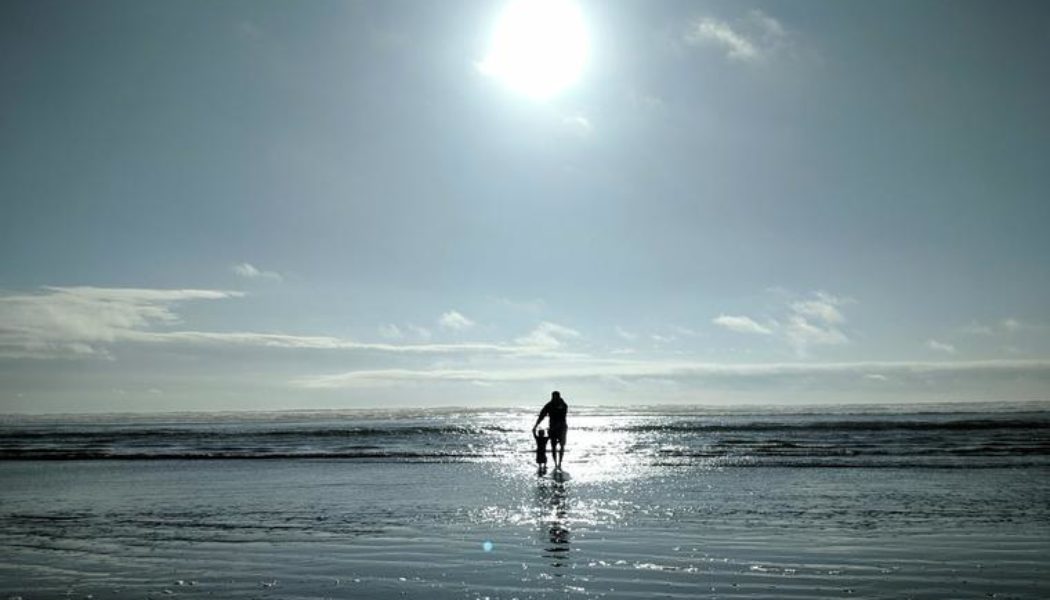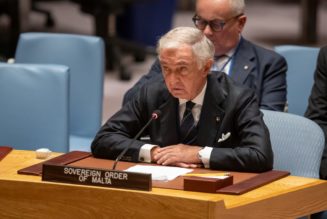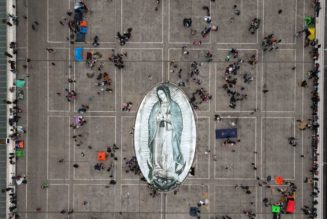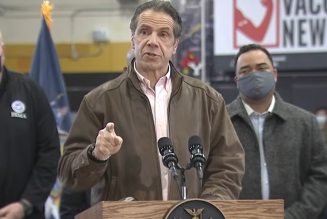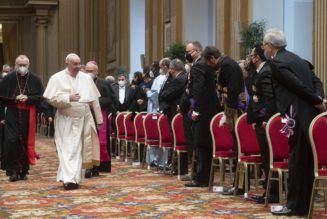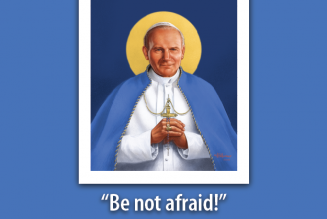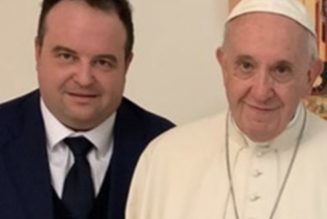
COMMENTARY: I have spent nearly 30 years as a father. As the decades go by, I increasingly realize that while virtue can be expressed in words, it is virtuous deeds that create maps for children…
Historical periods are commonly differentiated into various features that define them, such as the Bronze Age, the Iron Age, or the Age of Discovery. Our day may come to be known as the Age of Confusion. Our society may come to be defined by its refusal to define anything. The mere attempt to define words like person, baby, truth, conscience or woman often results in personal accusation and reprimand. Nevertheless, it is this society in which we fathers must raise and educate our children. Specifically, we must instruct our sons and daughters in virtue.
Not only is our society confused, but it often celebrates confusion as a quality. With apologies to J.R.R. Tolkien, I have begun to detest the saying, “Not all those who wander are lost.” Of late, that saying has become something of a battle cry. It adorns car bumpers, social-media pages, and the bedroom walls of rebellious teenagers. But here is the problem, and I have no doubt that Tolkien would agree with me: Many of those who wander — from Christianity, from natural law, from family — really are lost. Wandering is not used to signify a prelude to finding; rather, it signifies a preferred state in life. Wandering is deemed good.
It is not wander that we are lacking; rather, it is wonder. For it is wonder, as Aristotle contends, that is the beginning of philosophy. Authentic philosophy compels us to examine man and to examine what it is to be human. And that inquiry naturally leads us to ask what virtue is and what principles we should live by. Of course, this is a discussion that the moderns attempt to silence. And so, others are encouraged to wander in confusion — and that has become characteristic of modern times.
In his book Back to Virtue, Peter Kreeft notes that many people find life very confusing. But he responds, “Yes, life is always confusing — to someone without principles. Finding your way through downtown Boston is very confusing — to out-of-towners without road maps. The most fundamental issue our civilization faces is: Are there moral road maps?” Kreeft insists that such maps do exist. He continues, “If there is a God, there is a map. If God has a map, his map is the true map.”
God has not only given us a map, he has designed that we have guides on that journey. God’s perfect design is that a child be created — and continually nourished — through the love and indissoluble union of his parents. As the Catholic Church infallibly teaches, the primary purpose of marriage is the procreation and education of children. And while procreation is an event, education in virtue is designed to be achieved within the harmony of an unbreakable bond. As St. Thomas Aquinas phrased it, “For nature intends not only the begetting of offspring, but also its education and development until it reach the perfect state of man as man, and that is the state of virtue.”
I have spent nearly 30 years as a father. As the decades go by, I increasingly realize that while virtue can be expressed in words, it is virtuous deeds that create maps for children. I can help my children memorize definitions of faith, hope, charity, chastity and fortitude. But that is incomparable with our children witnessing me showing affection toward their mother, rooting for them at basketball games, taking dinner to a family in need, leading the Rosary, receiving Holy Communion, and standing in line for confession — for their father needs reconciliation, too.
This is not virtue signaling in the modern sense of the term, because that term refers to something empty and vain. But we fathers certainly can — and must — witness virtue to our children. And in doing so, our children witness something else: Virtue makes us happy and fulfilled. In the process, children will come to see that virtue makes them happy, too.
It is impossible to quantify the value of a father imparting virtue to his child; only in eternity will we gain a proper understanding of the good that fathers have done. For now, it is important that we take that on faith — and that we never forget. The whole world might reject the reality that fathers have irreplaceable value, but it is essential to our children that we fathers must always remember that value. It is also vital that we fathers recommit ourselves to virtue. If we are to transmit virtue to our children, we must strive for it in ourselves.
We fathers matter. And virtuous fathers make the family and the world better.
For whatever else we celebrate on Father’s Day, we must celebrate and acknowledge this: God has designed that a father not only be present in the life of his child, not only that he provide a moral compass to his child, but that he embody a moral compass that always points to true north.
Fathers, that is our mission.
